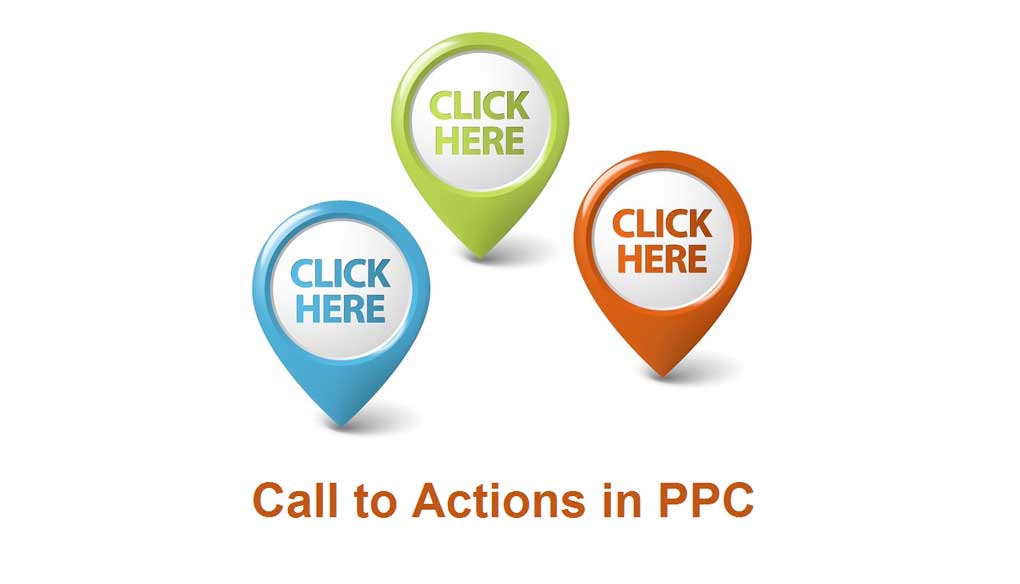Tips To Pay Per Click Advertising That Won’t Let You Down

Pay-Per-Click (PPC) marketing and advertising is a lot like being in New York City, the world best shopping location according to CNN. There are hundreds of shops to buy from and choosing a few will depend on how aggressive the stores market their wares. In the Internet, the competition isn’t just for goods and services; it’s for attention, fame, information, and personal success.
Organic versus PPC
People who have something to say or sell online can choose not to use PPC. They can rely entirely on organic or free searches, which are based on a search engine’s logarithms on most relevant results based on your query. You can always tell the difference between PPC and organic by its design and format.
In a nutshell, the PPC ads tend to overshadow the organic results. Organic results are useful to people needing information, but PPC is more effective in the sense that it offers information, options, and a break from usual monotony of browsing through pages of text and content. It can get people the exact result they want because the advertiser already knows what the person is likely looking for.
A Few Tips on Using PPC Effectively
PPC is one piece to your marketing puzzle. You can’t rely on it entirely but neither should you dismiss it right off the bat. At one point, if you want to be successful online, you will have to start spending on advertising and marketing. PPC offers a practical solution because you only pay when your ad is clicked on.
According to a recent study by the Wordstream blog, people looking for products or services tend to go more for the PPC ads than the organic results with a margin of 2:1 in the USA. This means over 64.5% of people online who are shopping (or window shopping) will click on paid ads. This is because paid ads get prominent positions on search page results. This “in your face” approach used to draw protests from online users because they said it tainted the Internet, but now with more people using the Internet to shop, PPC actually makes their shopping experience more convenient.
- Don’t wait for the analytics to make changes. Work in real time and adapt as the need arises. For example, if a keyword isn’t bringing in the traffic, change it. If a product isn’t moving, focus on another of your products to attract the clicks.
- If your competitors are doing PPC, you need to do PPC. Their ad strategy, if it is working, will push your organic efforts further down the ranks. In addition, the fact that they are at the top of a search page result because of their ads will make consumers think they are the better brand by default. It implies that their ads can be supported by the demand from the market
- Use PPC with search engine optimization (SEO) because it practically covers all grounds, especially if you are working with limited funds
- Finally, and probably most important of all, you need to gain the trust of online users by playing a clean, ethical advertising and marketing game. Don’t spam, be excessively vigilant about tracking or using the information you get from cookies to stalk people online, and follow the motto, “Truth in advertising”, so there are no unexpected backlashes from anyone that could ruin your reputation and business.
Tags
Apparel business growth business operations Business Services Communication Compliance Content Creation Content Marketing CRM Customer Service Customer Support Custom Print Custom Solutions data e-commerce Ecommerce Email Email Marketing Solutions Google Graphic Design kpi Marketing Messages Marketing Strategies Mobile Applications Partner planning PPC Press Releases printing format Print Shop Project Management Sales SEO Shopify Small Business Social Media strategy tracking Web Design Website Management Wordpress Zoho Zoho Vault
